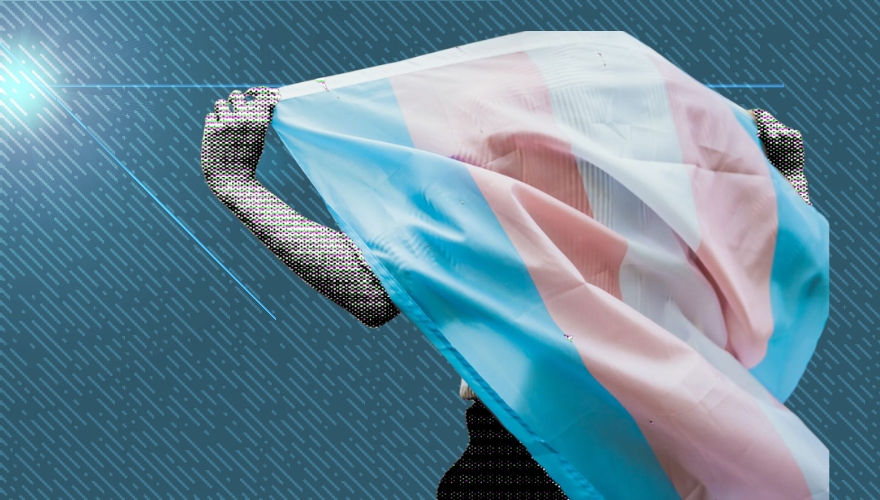The European Court of Human Rights ruled Romania failed to acknowledge the rights of gay couples by not legally recognizing same-sex civil unions.
The European Union court said the country’s actions were in violation of Article 8 of the European Convention on Human Rights.
While homosexuality was decriminalized in Romania in 2001, the government does not legally recognize gay marriages or same-sex partnerships.
In 2019, a collective of 21 same-sex Romanian couples legally challenged the government’s policy. The group argued that “Romania's failure to recognise them as families discriminated against them in various instances including healthcare decisions, joint medical insurance, property and employment rights only afforded to married couples,” per Reuters.
The court ruled that recognizing same-sex marriage would not harm the institution of marriage and the government’s concerns were not as severe as those expressed by the couples.
“The Court reiterated that the member States were required to provide a legal framework allowing adequate recognition and protection of the relationship of same-sex couples,” according to the ruling, which was published on May 23. “Pursuant to Romanian law, only one form of family union – an opposite-sex marriage – was legally recognised. … The applicants, like other couples in their situation, were unable to access numerous social and civil rights available under the law to married couples, and to regulate areas such as property, maintenance and inheritance within the couple.”
“The Court noted the Government’s argument that these rights could be replicated by private contractual arrangements, but held that the argument lacked detail, and in any case had already been rejected in the Court’s case-law,” the court continued. “Furthermore, the Court stated that negative attitudes on the part of the heterosexual majority could not override the applicants’ interests in having their relationships recognised, and that allowing recognition of same-sex unions would not harm the institution of marriage, as opposite-sex couples could still marry.”
The decision was praised by LGBTQ rights activists.
"For too long we, the LGBTQ+ people in Romania, have been treated as second-class citizens and it is time for a change," said Vlad Viski, executive director of MozaiQ LGBT Association, per France 24.
The Romanian government has three months to decide to appeal the case at the highest level the EU Human Rights Court. If the ruling is not challenged, Romania will be required to adopt legislation recognizing same-sex unions.
Efforts to secure legal recognition of same-sex relationships have repeatedly failed in Romania, including a 2018 constitution referendum and four different pieces of legislation drafted in 2020.
Editor's Note: The subheading of a previous version of this article mistakenly said homosexuality was decriminalized in 2010.

